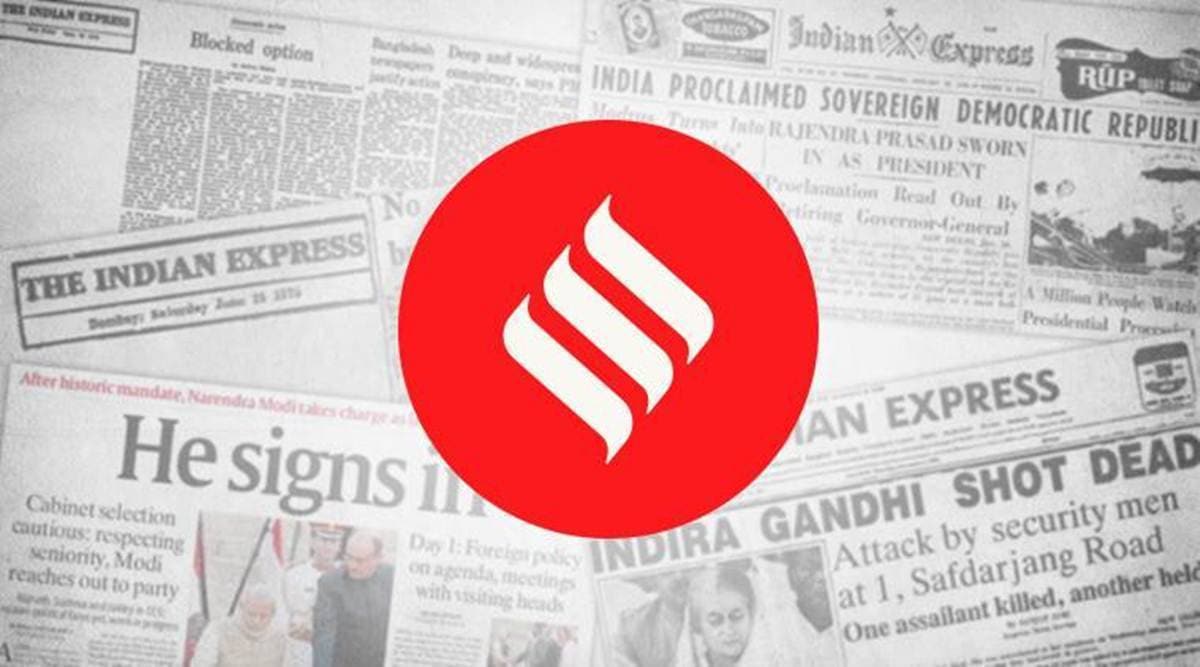 In times when spaces for free expression seem imperilled, when the court has invited disquieting questions about giving the executive the benefit of the doubt, it must not add to that the impression that it’s not able to take a joke.
In times when spaces for free expression seem imperilled, when the court has invited disquieting questions about giving the executive the benefit of the doubt, it must not add to that the impression that it’s not able to take a joke.Granting interim bail within a day to Arnab Goswami in a 2018 suicide abetment case, Supreme Court Justice DY Chandrachud correctly described the responsibility of the apex court: “Forget Arnab Goswami for a moment, we are a constitutional court… If we as a constitutional court do not lay down law and protect personal liberty, then who will?” Yet the disheartening impression will not go away: That in the extraordinary alacrity it showed in this matter, while turning an unseeing eye and inattentive ear to other cases that involve personal liberty and free expression of citizens for weeks and months, the court itself singled out Goswami. Justice Chandrachud was right, again, to say that “If we don’t interfere in this case today, we will walk on a path of destruction” and that a message must be sent to high courts. In its manner and timing, Goswami’s arrest reeked heavily of political vendetta. And yet, what is also glaringly evident is that the Supreme Court has not held itself to its own high standard in several other cases of citizen vs state, ranging from habeas corpus petitions in Kashmir, to detentions made on flimsy charges of sedition to the slapping of draconian laws on journalists for no other apparent reason than that they were doing their job. The ordeal of Kerala journalist Siddique Kappan, for instance, arrested on his way to Hathras in the wake of the gangrape and death of a young woman, and charged under UAPA, continues to seek its day in the apex court.
The singular urgency the SC has shown in the case of the Republic TV chief, who blusters away each night as a megaphone of those in power, who gets virtually the entire Union Cabinet to shed twitter tears for press freedom, fits a dismal pattern. A scrutiny by this newspaper of 10 cases involving free speech that came before the SC since January revealed that in cases where the court upheld that right or gave relief, the state and the petitioner argued on the same side — there was no relief to the petitioner in six cases where the state was the defendant and objected. Incidentally, or not, then too, one of the first cases in which the court granted relief was filed by Goswami, seeking quashing of FIRs filed in connection with a TV show. Moreover, the apex court presides over the routine flouting of its guidelines for cases of sedition. Be it the arrest of 19-year-old Amulya Leona in Karnataka for merely raising slogans, to arrests made across states of other anti-CAA protestors, numerous remand orders by magistrates have stated no reasons and asked no questions about clear and immediate incitement to violence, a necessary requirement for the charge of sedition.
Now, Attorney General KK Venugopal has sanctioned contempt proceedings against stand-up comedian Kunal Kamra for tweets seen as baiting the court in their criticism of its response in the Goswami case. The SC must lose no time in rejecting the AG’s recommendation. In times when spaces for free expression seem imperilled, when the court has invited disquieting questions about giving the executive the benefit of the doubt, it must not add to that the impression that it’s not able to take a joke. Let Kamra tweet, let the highest court get back to fulfilling the role so eloquently underlined by Justice Chandrachud.